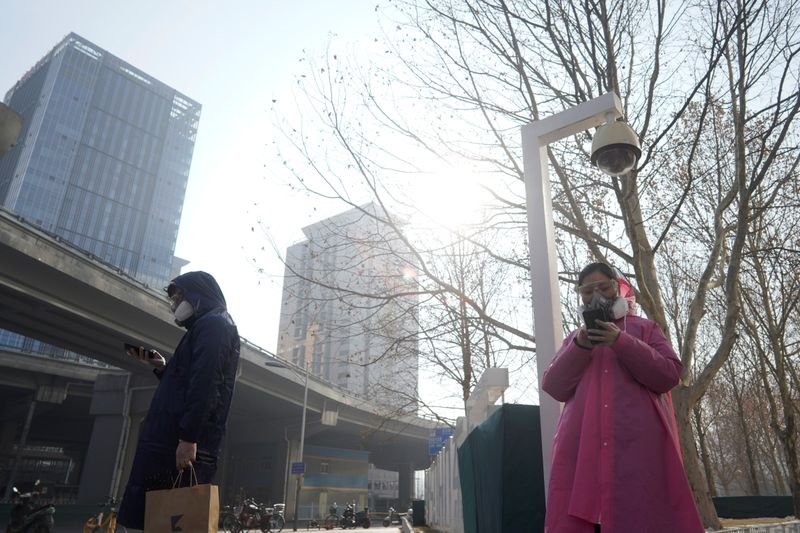By Jan Wolfe
(Reuters) - As the coronavirus outbreak in China shows no signs of abating any time soon, some companies that buy and sell goods in the Chinese market are considering the legal defense of force majeure.
The death toll in China from the epidemic continues to climb and now stands above 1,000, more than the SARS epidemic two decades ago, with more than 42,000 confirmed cases in China and 319 cases in 24 other countries.
WHAT IS FORCE MAJEURE?
Force majeure refers to unexpected external circumstances that prevent a party to a contract from meeting their obligations.
The underlying event must be unforeseeable and not the result of actions undertaken by the party invoking force majeure. Natural disasters, strikes, and terrorist attacks can all be force majeure events.
Declaring force majeure may allow a party to a contract to avoid liability for nonperformance.
IS THE CORONAVIRUS OUTBREAK A FORCE MAJEURE EVENT?
Legal experts said that the coronavirus likely qualifies, but any company invoking force majeure would need to show that it is effectively impossible to perform their contractual duties as a result of the outbreak.
In other words, a company is not excused from an obligation just because it has become more costly or time-consuming, said John Scannapieco, a Nashville, Tennessee-based lawyer who advises U.S. companies on Chinese transactions.
The coronavirus is "not carte blanche to say force majeure," said Scannapieco, a shareholder at law firm Baker Donelson. "You have look at the facts and circumstances."
HOW IS FORCE MAJEURE INVOKED?
Cross-border deals typically include clauses that allow for non-performance during force majeure events, said Vanessa Miller, a U.S. lawyer at Foley & Lardner. These clauses are sometimes "cut and paste" and "not reviewed as carefully as they ought to be," Miller said.
Force majeure clauses rarely mention diseases, but more frequently provide relief in the event of unforeseen "acts of government," Miller said. Chinese authorities have ordered lockdowns and closed factories in the wake of the coronavirus, so the "act of government" language could allow some firms to invoke force majeure, she said.
WHO DECIDES WHAT HAPPENS NEXT IF FORCE MAJEURE IS DECLARED?
Cross-border deals often stipulate that disputes arising out of the contract will be decided by a particular court or arbitration body.
In practice, foreign firms doing business in China may be better off avoiding litigation and negotiating a compromise, Scannapieco said.
HAVE ANY COMPANIES INVOKED FORCE MAJEURE OVER CORONAVIRUS?
China's biggest importer of liquefied natural gas (LNG), China National Offshore Oil Corp (CNOOC), has invoked force majeure to suspend contracts with at least three suppliers, two sources told Reuters on Feb. 6, without specifying whether the coronavirus is what triggered the action.
French oil major Total (PA:TOTF) said a day later it had rejected a force majeure notice from an unnamed Chinese LNG buyer, the first global energy supplier to push back publicly against such an effort.
Also last week, two sources said a copper smelter in southwest China had also declared force majeure on deliveries of copper concentrate.
On Jan. 31, a Chinese international trade promotion agency said it would offer force majeure certificates to companies struggling to cope with the impact of the coronavirus on their business with overseas partners. It didn't identify any companies affected, and didn't disclose whether it had received any requests.

Legal experts said although these certificates carry significant weight, they do not rule out further negotiation or even litigation.